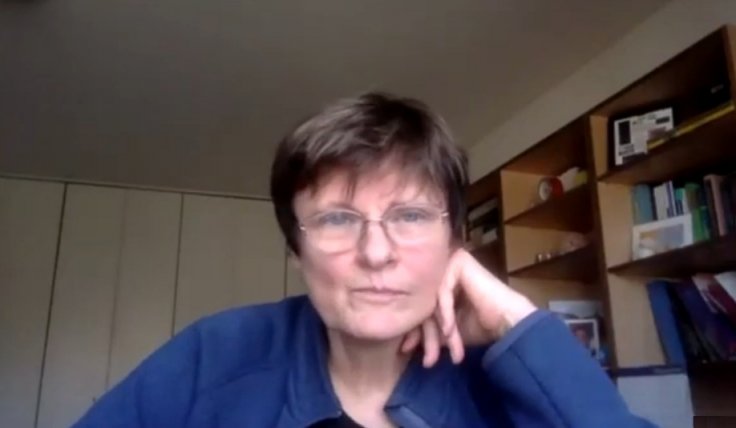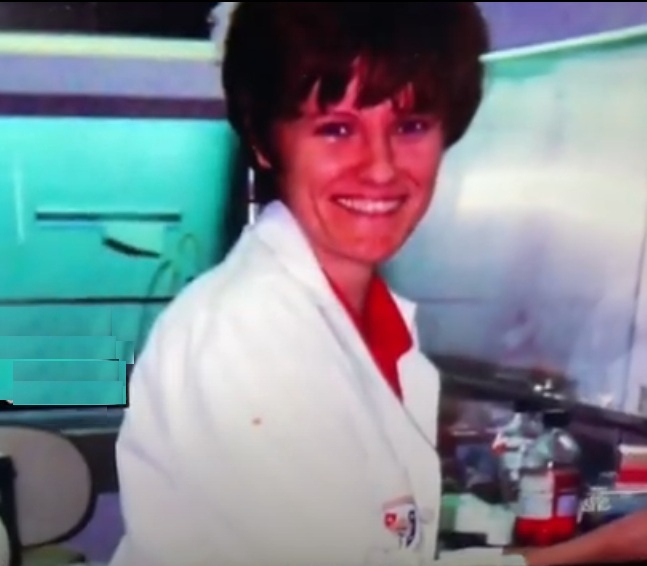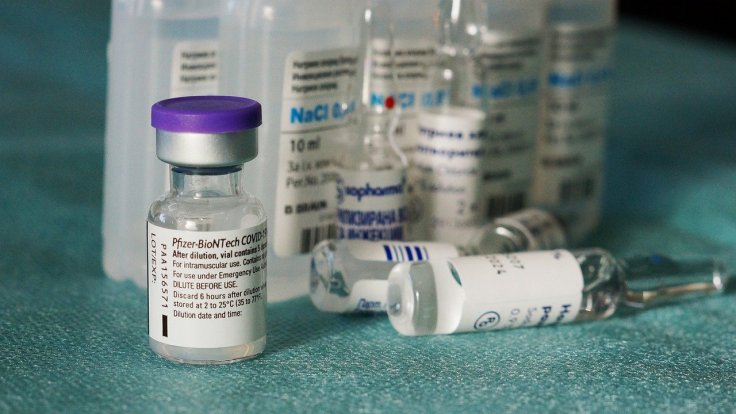Hungarian-born biochemist Katalin Karikó, who was crucial in developing one of the coronavirus vaccines, reportedly has admitted that she was an asset for the security services during Hungary's Communist era. Karikó, who is the vice-president of BioNTech, became best known for her work with mRNA technology that is used in the Pfizer and Moderna COVID-19 vaccines.
However, her name is little known as she maintains a low profile. The revelations come just days after Kariko was made an Honorary Citizen of Szeged, where she started her university studies. Kariko has been tipped as a potential Nobel Prize winner but the recent revelations that too from her own mouth may now change the entire thing.
Opposite Past

Kariko who is being helmed a hero in her country post her work on developing COVID-19 vaccines using the mRNA technology, was recruited in 1978 when Hungary was under the Soviet-backed Communist regime of János Kádár, according to a report in Euronews. The biochemist claimed that she was blackmailed by Hungary's feared State Security Service and was threatened to reveal her father's role in the 1956 revolution against Communist rule, making her career in medical research almost impossible.
However, Kariko also said that despite being listed as an agent, she actually never took any active part or never actually exchanged informed about anyone during her stay in Hungary or in the United states. Kariko has been in the United States since 1985.
"In the years that followed, I did not give any written report, I did not harm anyone. In order to continue my scientific activity and research, I had to leave," she said in a statement.
That said, Kariko has always focused on science and has never tried to hide her past. In fact, her role as a Communist informed was also mentioned in a book in 2017 but not too many noticed it. It only resurfaced this weekend after a right-wing media outlet highlighted it after her return to Hungary to receive an honor for her work on COVID-19.
Dedicated to Science

It is unlikely that Kariko was ever involved in passing on any information when she was a listed agent and she has come clean about her past. Krisztián Ungváry, a researcher into former state security documents, told Euronews that it was extremely rare for someone confronted about his or her role during the Communist era to admit what had happened rather than lying about the past.
He also said it was clear that Kariko was not active after her 1985 move to the United States, quashing speculation that she could have been enlisted as a spy for Hungary while she was in America, because this would have been marked in her state security file.
Between 1945 and the collapse of Communism beginning 1989, around 160,000 to 200,000 Hungarians were recruited by the security services. By 1977, the year before Kariko was recruited, there were almost 7,000 active agents but Kariko role was almost nothing given that she was always into science and research.
Kariko was born in 1955 in the small Hungarian town of Kisujszallas. Her father is a butcher. Fascinated by science from a young age, she secured a PhD at the University of Szeged and started working as a postdoctoral fellow at its Biological Research Center.

However, in 1985, she left Hungary permanently after her university's research program ran out of money. She settled in the United States with her husband and two-year-old daughter as a postdoctoral student at Temple University in Philadelphia.
That said, life wasn't so kind to Kariko even after landing in the United States. In 1989, she managed to get a low-level position as research assistant professor at the University of Pennsylvania where she worked with Dr. Elliot Barnathan, a cardiologist. However, she wasn't able to receive grant money and was soon left without a lab or financial support.
Luckily, Dr. David Langer, a neurosurgeon and her colleague showed faith in her and who urged the head of the neurosurgery department to give Kariko's research a chance. But in 1995 she was demoted from her position at the University of Pennsylvania and was then diagnosed with cancer. With no money coming in to support her work on mRNA, she was back to the lower rungs of the scientific academy.
However, a chance meeting in the late 1990s with immunologist Drew Weissman, who was working on an HIV vaccine, changed her career and since then there has been no looking back for Kariko.









